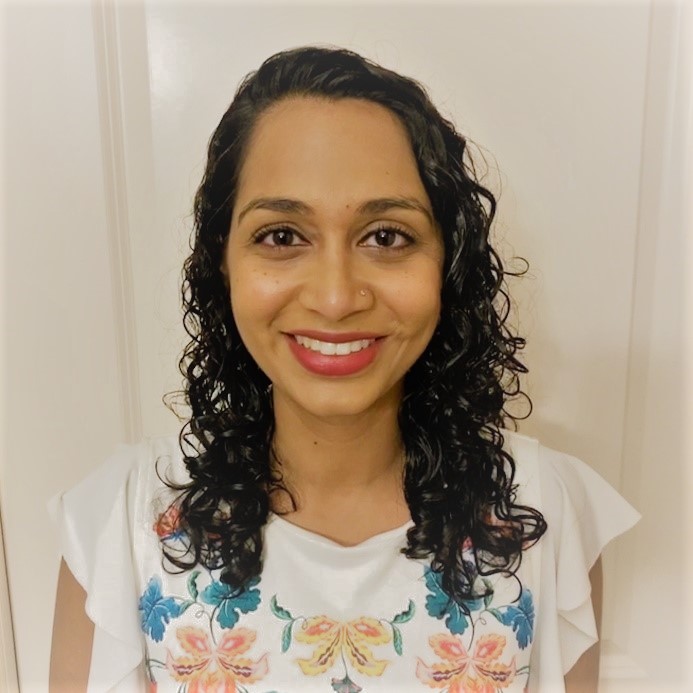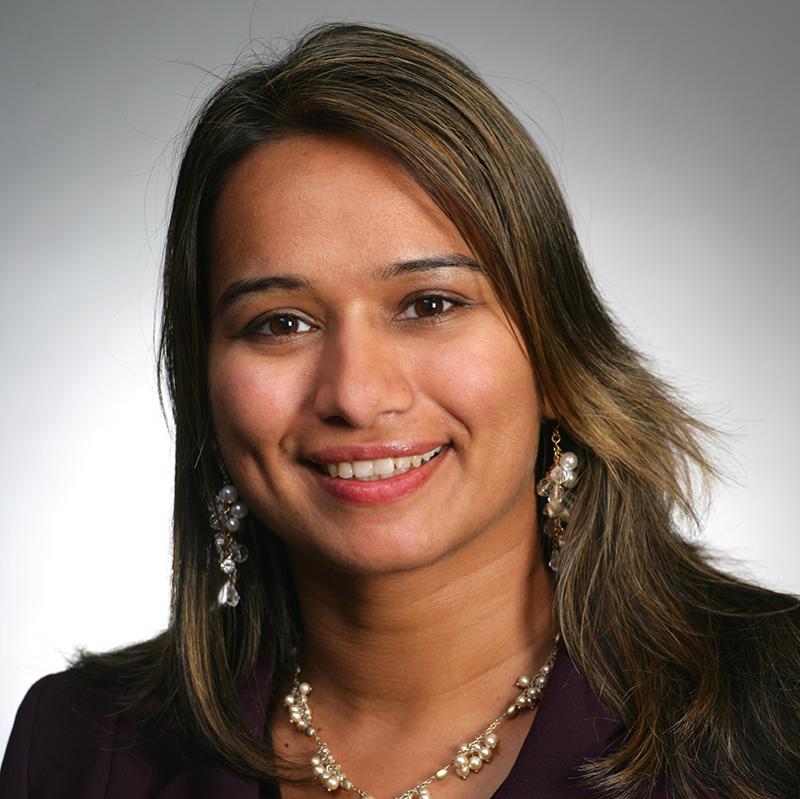By Ratika Srivastava.
I am a pediatric stroke fellow at the Alberta Children’s Hospital in Calgary, Canada. Whenever I tell people what I do, they invariably say, “OH! I didn’t know kids have strokes. That’s so sad.” And it is sad – but it is not without hope.
Although stroke in the elderly is a common and well-established medical condition, most people are surprised to learn that the period around birth carries a very high stroke risk, occurring in around 1 in 4000 live births. Stroke in later infancy and childhood is less common, but still happens in around 3-5 per 100,000 children. Childhood stroke is often associated with underlying infection, cardiac disease, blood disorders or trauma; however, many cases occur in children who had been perfectly healthy beforehand. While there are modifiable risk factors for stroke in adults including hypertension, diabetes mellitus, high cholesterol, and cigarette smoking, there are no known prevention strategies for pediatric stroke.
In my experiences caring for children with stroke, I have learned the importance of supporting families. For example, parents feel immense guilt after their child’s diagnosis of stroke, and it is our job of reassuring parents that their child’s stroke was not their fault, and focus on the ways in which we can best provide support so that children and families can reach their utmost potential. Despite the high burden of disease of pediatric stroke, children can lead remarkably typical lives. They go through very normal developmental stages like starting school and learning to make friends. Even children who develop cerebral palsy (CP), most common lifelong motor complication, can typically still walk, ride their bikes, and spend winters playing hockey and summers on the lake. After seeing a video of one patient water skiing three years into her stroke recovery, I was motivated to try it myself!
Children are unique in that they grow into their lesions. The development of their brains after stroke, through developmental neuroplasticity and environmental effects, is what determines their outcomes. Three children with the same pattern of brain injury may have a similar range of deficits but grow up to be very different, and it is watching them grow that is truly extraordinary.
On World Stroke Day, I think about the incredibly resilient children and families that I have had the privilege to meet in my early career. We are fortunate to be part of world-class organizations such as IPSS and IPSO, trailblazing efforts to advance research and understanding of pediatric stroke. Research in pediatric stroke is exploding, creating hope for future prevention and treatment approaches. Together with families and a diverse group of healthcare professionals involved in pediatric stroke care, IPSS and IPSO are continuously learning and growing along with our patients.
So yes, kids have strokes too. Each stroke, like each child, is unique and so we must be unrelenting in our research to better understand them. Sir Issac Newton said, “If I have seen further it is by standing on the shoulders of Giants.” Our patients and families are our giants, and we will work hard every day to see a little bit further into the black box of pediatric stroke.
References:
1) Nelson KB, Lynch JK. Stroke in newborn infants. Lancet Neurol. 2004, PMID: 14980530
2) Wintermark M et al. Arteriopathy diagnosis in childhood arterial ischemic stroke: Results of the VIPS study. Stroke 2014, PMID: 25388419
3) Dunbar M, Kirton A. Perinatal stroke: mechanisms, management, and outcomes of early cerebrovascular brain injury. Lancet Child Adolesc Health. 2018, PMID: 30119760

Ratika Srivastava, MD
Alberta Children's Hospital

Mukta Sharma, MD, MPH
Children's Mercy Adele Hall Campus
